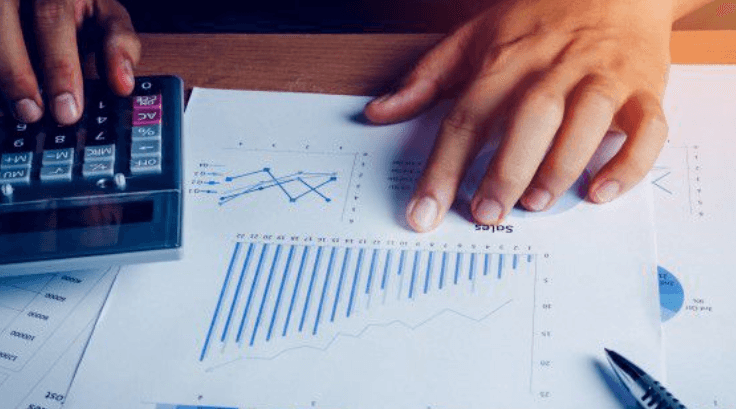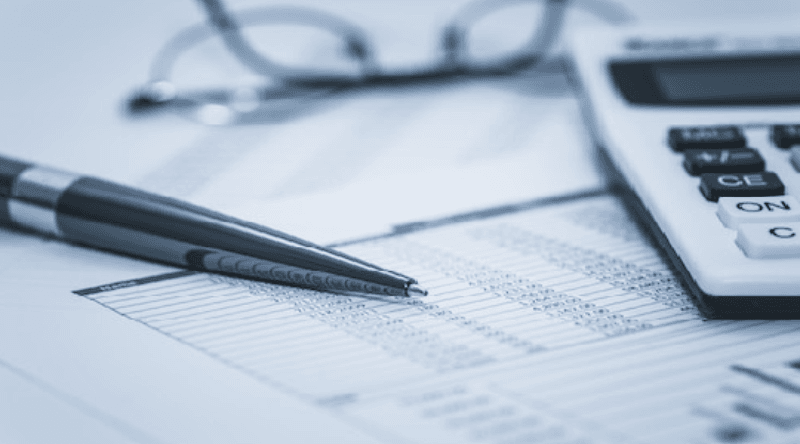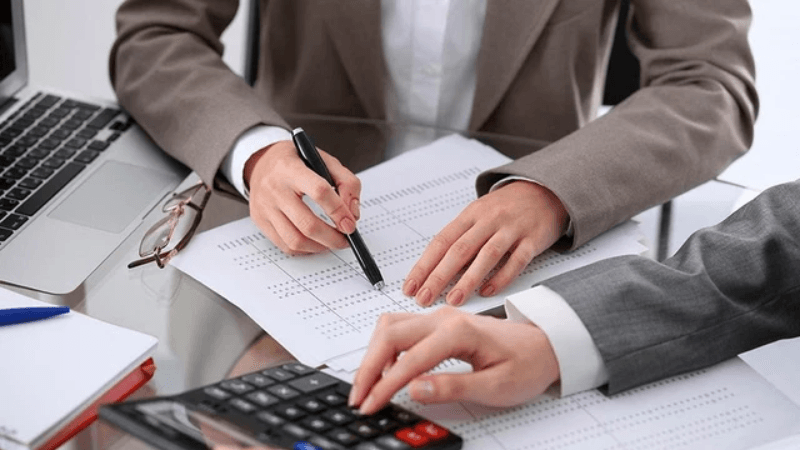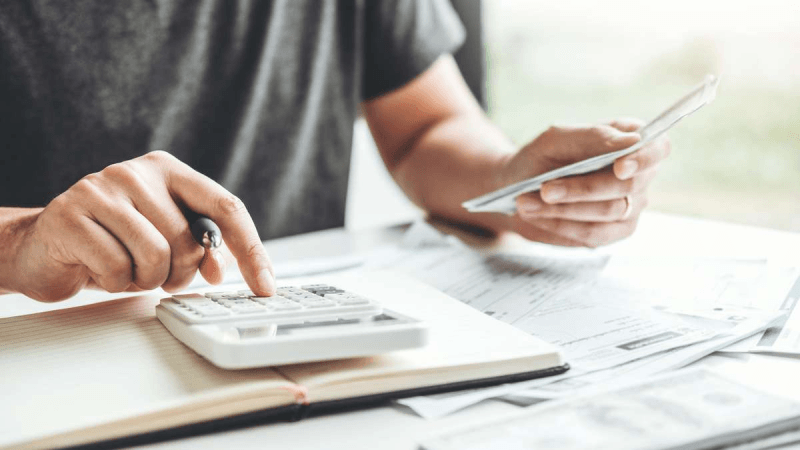
Having an emergency fund is one of the best financial decisions you can make. This fund gives you security and peace of mind in case of unforeseen events, such as illness, job loss or unexpected home repairs.
What is an emergency fund
An emergency fund is a savings fund that is intended exclusively to deal with unforeseen situations that may arise at any time, such as an illness, a car or home repair, or even the loss of a job.
This type of fund should be separate from the rest of your savings and used only for emergencies. It is not an investment fund or savings fund for specific purposes such as a vacation or buying a car.
The main purpose of the emergency fund is to give you financial peace of mind in case something unexpected happens. This way, you will not have to resort to loans or credit cards with high interest rates to meet unforeseen expenses.
Why it is important to have an emergency fund
Having an emergency fund is essential to face unexpected situations that can affect our economy, such as a job loss, an illness or an urgent home repair. Here are some reasons why it is important to have an emergency fund:
- It helps you to be prepared for any unforeseen event.
- It gives you peace of mind and financial security.
- It allows you to avoid going into debt in case of an emergency.
- It helps you maintain your lifestyle in case of job loss or a reduction in income.
- Allows you to make smarter long-term financial decisions.
- Helps you reach your financial goals without unexpected interruptions.
In short, having an emergency fund can be the difference between getting ahead or facing major financial difficulties. Don't wait any longer to create yours!
It allows you to face financial contingencies without going into debt
Having an emergency fund gives you the peace of mind of knowing that, in case of an unforeseen financial event, you won't have to resort to loans or credit cards to cover the expenses. This means that you will not have to pay additional interest and fees, which will allow you to save money in the long run.
In addition, by having an emergency fund, you will be able to deal with unexpected situations without having to sacrifice other important expenses, such as paying the mortgage or rent, buying food or paying for basic services.
Gives you peace of mind and financial security
Having an emergency fund allows you to be prepared for any unforeseen event that may arise in your life. Whether it's an illness, the loss of your job or an expensive home repair, having a financial cushion gives you peace of mind knowing that you can deal with any situation without going into debt or worrying about your finances.
In addition, by having an emergency fund, you also feel more financially secure. You know you have a reserve available in case of need and can make more informed and less impulsive financial decisions.
Helps you maintain your long-term financial goals
Having an emergency fund allows you to be prepared for unforeseen and unexpected situations, which means you won't have to dip into your savings or go into debt to cover expenses. This allows you to maintain your long-term financial goals without interruption.
For example, if you're saving to buy a house or a car, an unforeseen event such as an expensive repair can derail you from your goal. But if you have an emergency fund, you can cover that repair without affecting your savings for the house or car.
In addition, having an emergency fund helps you maintain your mental and emotional peace of mind because you know you're prepared for any financial eventuality. This allows you to focus on your financial goals and objectives with greater confidence and security.
Allows you to take advantage of financial opportunities
Having an emergency fund not only helps you be prepared for the unexpected, but also allows you to take advantage of financial opportunities when they arise. If you have a solid emergency fund, you can make bolder financial decisions, such as investing in stocks or real estate, without having to worry about the impact it could have on your personal finances if something goes wrong.
In addition, having an emergency fund can also help you get better interest rates on loans or credit, since lenders see that you have a good repayment capacity and financial stability. In summary, having an emergency fund is not only a smart move to protect your personal finances, but it can also open doors to new opportunities and help you reach your long-term financial goals.
Helps reduce financial stress in your daily life
Having an emergency fund gives you peace of mind knowing that you can deal with any unforeseen events without having to worry about how you will pay for your basic expenses. This reduces financial stress in your daily life and allows you to focus on other important areas of your life, such as your family, your job and your hobbies.
In addition, by having an emergency fund, you can avoid having to resort to loans or credit cards in case of an emergency, which can lead you to accumulate more debt and further increase your financial stress.
How to create an emergency fund
To create an emergency fund, follow these steps:
- Set a goal: define how much money you want to save and what emergency situations you will use it for.
- Calculate your monthly expenses: Determine how much money you need to cover your basic monthly expenses, such as rent, food, transportation and utilities.
- Set a savings goal: multiply your monthly expenses by the number of months you want to save. For example, if you want to have a six-month emergency fund, multiply your monthly expenses by six.
- Create a savings plan: establish a fixed amount that you can save each month and make sure to include it in your monthly budget.
- Open a savings account: it is important to have a separate account exclusively for your emergency fund to avoid spending it on other things.
- Keep your fund updated: regularly review your emergency fund and adjust your savings plan if necessary.
Remember that having an emergency fund can help you manage financial contingencies without having to resort to loans or credit cards with high interest rates. No matter what your current financial situation is, it is always important to have a financial reserve for any eventuality.
Define how much money you need in your emergency fund
The first step in creating an emergency fund is to determine how much money you need to have saved. The amount will depend on several factors, such as your monthly expenses, income, financial responsibilities and level of risk. It is recommended that you have three to six months of basic expenses saved.
To calculate this amount, make a detailed list of your monthly expenses, including rent or mortgage, utilities, food and transportation. Multiply the total by three or six, depending on the period you want to cover with your emergency fund.
Remember that this fund should be composed of liquid money and easily accessible in case of need. Therefore, it is not advisable to invest it in high-risk financial instruments or with fixed terms that are too long.
Choose a bank account for your emergency fund
Once you have established the amount of money you want to have in your emergency fund, it is important to choose a suitable bank account to keep it in. Here are a few things to consider:
- Interest rate: Look for an account that offers a competitive interest rate so your money can grow over time.
- Accessibility: Make sure you can easily access your money in case of an emergency. Look for an account that offers withdrawal options without penalty or additional fees.
- No monthly fees: Avoid accounts that charge monthly or annual fees for maintaining the required minimum balance.
- Safety: Make sure you choose a reliable and safe bank to keep your savings.
You may also consider opening an account specifically for your emergency fund, separate from your other bank accounts. This will help you keep your savings organized and avoid spending them accidentally.
Remember to periodically review your account and adjust your savings as needed to make sure you have enough money in case of an emergency.
Establish a strategy for saving regularly in your emergency fund
Once you've determined how much money you need for your emergency fund, it's important to establish a strategy for saving regularly. Here are some ideas:
- Automate your savings: Set up an automatic transfer from your checking account to your emergency savings account each month. This way, you won't have to think about saving and the money will accumulate without you even realizing it.
- Cut unnecessary expenses: Review your monthly expenses and look for areas where you can cut costs. Maybe you can cancel some subscriptions or eat out less often.
- Set savings goals: Set a goal for how much you want to save each month and track your progress. This will motivate you to keep saving and reach your goal faster.
- Consider additional income: If you have free time, consider working a side job or doing freelance work to earn extra money that you can put toward your emergency fund.
Remember, having an emergency fund is important to be prepared for any unexpected situation that may arise. With a solid strategy to save regularly, you can build that financial cushion and have peace of mind in case of an emergency.
Save a fixed amount each month
One of the keys to building a solid emergency fund is to save a set amount each month. This means setting a budget and committing to saving a set amount of money each month, no matter what.
To do this, it's important to take into account your monthly income and expenses and determine how much you can save without affecting your quality of life. You can use tools such as budgeting apps or spreadsheets to help you track your finances and set realistic goals.
Remember that the goal is to create an emergency fund that will allow you to deal with unexpected situations, so you must be consistent in your savings and avoid touching that money for other purposes.
Save a percentage of your income
One of the keys to create an emergency fund is to save a percentage of your income each month. It is advisable to allocate between 10% and 20% of your monthly income to this fund.
To make it easier, you can automate the process and schedule an automatic transfer to your savings account each month. This way, you won't have to worry about doing it manually and you'll make sure you're saving consistently.
Remember that saving a percentage of your income will not only help you build an emergency fund, but it's also a good financial practice for reaching your long-term goals and overall financial health.
Save any extra income you receive
If you receive extra income, whether it's a job bonus, a garage sale or an unexpected gift, don't spend it all. Instead, save a significant portion of that income for your emergency fund. This will help you reach your goal faster and give you a sense of accomplishment. In addition, saving any extra income you receive is a great way to train yourself to live on less.
Create a budget and reduce unnecessary expenses to save more easily
One of the keys to creating an emergency fund is to have a well-defined budget and control unnecessary expenses. To do this, it is important to make a list of all your monthly income and expenses, and identify those expenses that you can reduce or eliminate completely.
Some ways to reduce expenses include
- Buying products in bulk;
- Taking advantage of special offers and discounts;
- Reducing electricity consumption;
- Cooking at home instead of eating out;
- Using public transportation or walking instead of using the car.
Once you have identified unnecessary expenses that you can reduce, it is important that you commit to following your budget and not spending more than necessary. This way, you will be able to save more easily and build a solid emergency fund that will allow you to deal with any unforeseen events without having to resort to loans or credit cards.
Don't get discouraged if it takes you a while to accumulate the desired amount, the important thing is to start saving and be consistent.
Creating an emergency fund may seem like an overwhelming task, especially if you are not used to saving. However, the benefits are clear: having a financial cushion allows you to be prepared for any unforeseen event that may arise, from a car breakdown to a job loss.
If you are starting to save for your emergency fund, it is important not to get discouraged if it takes you a while to accumulate the desired amount. The most important thing is to start saving and be consistent in your efforts. Even if you can only save a few dollars each week, over time you will see your emergency fund grow.
Remember that there is no "right" amount for an emergency fund - it all depends on your personal and financial needs. However, many experts recommend having enough money saved to cover three to six months of basic expenses.
Once you've reached your savings goal, be sure to keep your emergency fund up to date. Review your expenses regularly and adjust the amount you're saving if necessary.
In summary, building an emergency fund can be a slow but rewarding process. By starting to save and being consistent in your efforts, you will be better prepared for any financial contingencies that may arise.
Don't use your emergency fund for unnecessary or unplanned expenses
It is important to remember that the emergency fund is designed to be used in unforeseen and urgent situations, such as an illness, a car repair or a job loss. Therefore, you should avoid using it for unnecessary or unplanned expenses, such as an impulse purchase or a vacation.
If you use your emergency fund for these expenses, you will be reducing its ability to help you in truly urgent situations. In addition, if you get in the habit of using your emergency fund for unplanned expenses, you may never accumulate enough money to cover a real emergency.
Therefore, it is important to be disciplined and use the emergency fund only when absolutely necessary. If you are having difficulty controlling your spending and saving money, consider working on your budget and setting realistic financial goals.






